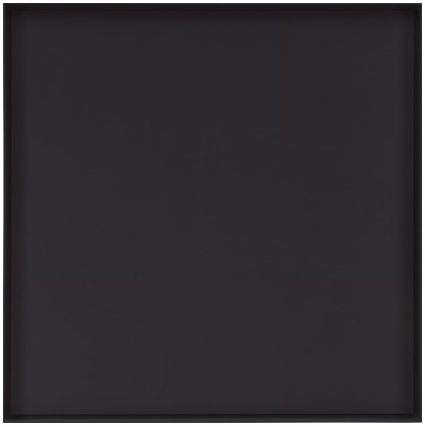He (it is always a he) shapes our perceptions of art and is threatened and abused for his trouble. Andrew Graham-Dixon on the International Curator
Norman Rosenthal and Christos Joachimides have been receiving threats. Nothing life-endangering, just a bit of, well, let's call it minor damage: the sort of thing that might stop a person going about his business for a few weeks, months, or maybe even years. They don't seem to mind. It comes with the territory, when you do what they do. Rosenthal and Joachimides organise art exhibitions.
Rosenthal and Joachimides, directors of, respectively, the Royal Academy in London and of the Zeitgeist-Gesellschaft in Berlin, have been working on a large exhibition called ''American Art in the Twentieth Century'', which opens today at the Royal Academy. While preparing the show, they travelled to New York where they saw, among others, a man we will refer to as Mr Orange.
Mr Orange is an art dealer who may, they hope, help secure the loan of certain pictures. Mr Orange is willing to co-operate, but he has a condition. He is distressed to note that his visitors do not consider one of the artists whom he personally represents - we shall call him Mr Pink, a painter with a considerable reputation - to be sufficiently talented to figure in their exhibition. He would like them to rethink their position. Include Mr Pink in ''American Art in the Twentieth Century'', and Mr Orange will be able to help them with the other matter. Otherwise - well, he hopes it won't come to that.
Things turn nasty. Mr Orange is informed that Mr Pink will not under any circumstances be included in the show. Mr Orange becomes very angry. He is a rich and powerful man, he reminds them, and can...

Mr Orange and the seven wise men
16-09-1993

